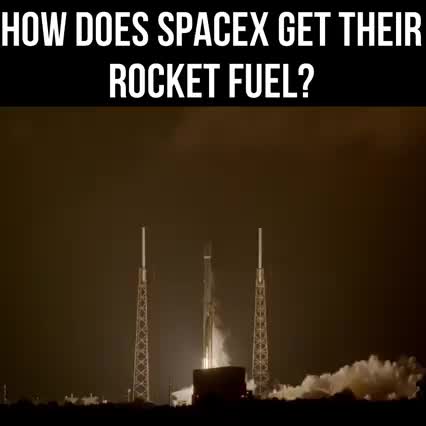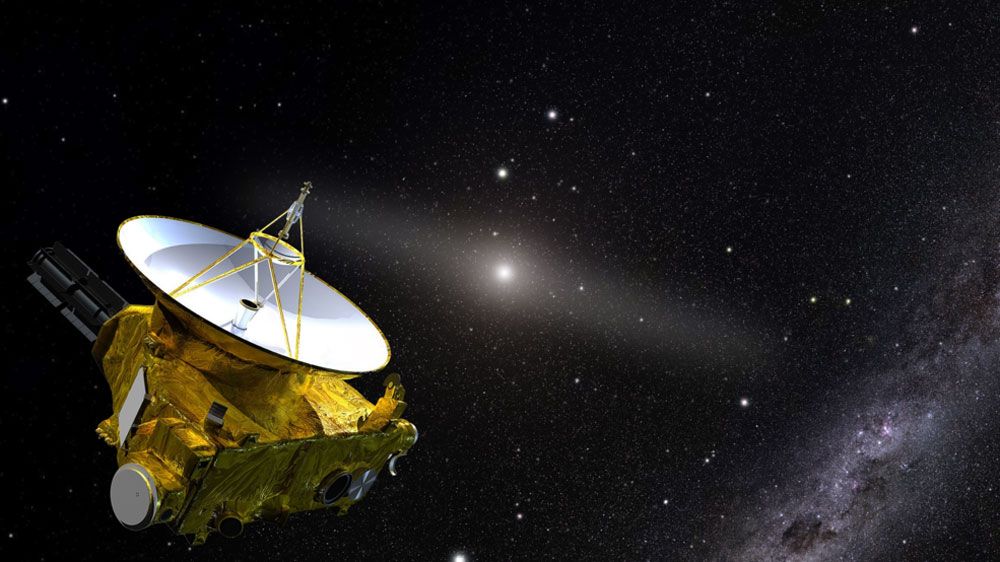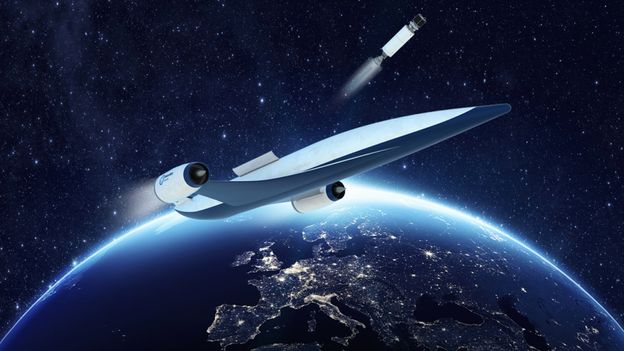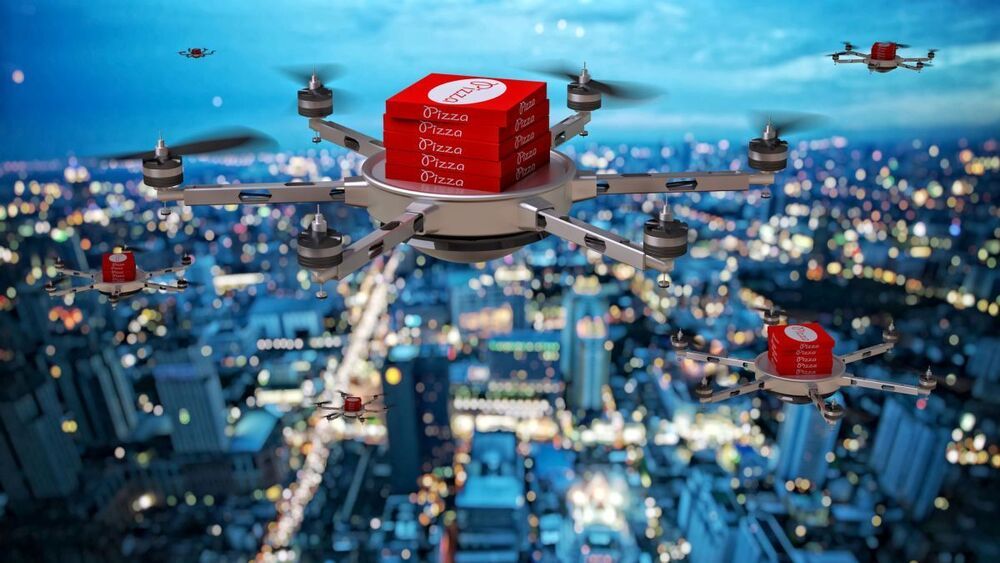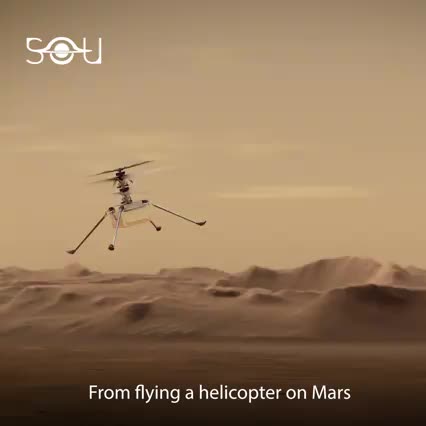Since the dawn of time, humankind has looked to the skies and sought to conquer them. For thousands of years we tried and failed until, at last, we could soar amongst the birds. We built biplanes that danced upon gusts of wind, strapped sails to our back and leapt off fog-drenched mountaintops, launched warplanes into the wild blue yonder to rain terror from above. The heavens were soon streaked with the vapor trails of jumbo jets; the oligarchy used its deep pockets for casual jaunts to the threshold of outer space. And then, with the skies at last firmly in our dominion, we once again turned our eyes upward and declared, “Know what would look great up there? Pizza.”
The technology to flood our skies with millions of pizza boxes does not exist just yet, but it’s taken a huge leap forward in Israel, where, The Wall Street Journal reports, Pizza Hut is launching the world’s first ever full-time drone delivery service. The pilot program is being heavily regulated by the government, and Pizza Hut’s human delivery drivers don’t need to worry about being replaced (yet), as the drones will not be making direct-to-customer drop-offs. Instead, the flying robots will bring multiple orders to designated landing zones outside of Pizza Hut’s normal delivery radius, where they’ll be picked up by a driver who will take the pizzas to their final destinations.
The drones’ home base will be a Pizza Hut located in Bnei Dror in Northern Israel, and will allow the restaurant to provide delivery service to an additional 7000 households. The Ministry of Transportation has limited the drones’ flight area to about 50 square miles, and each drone’s limited battery life means there’s little chance of one going rogue.
